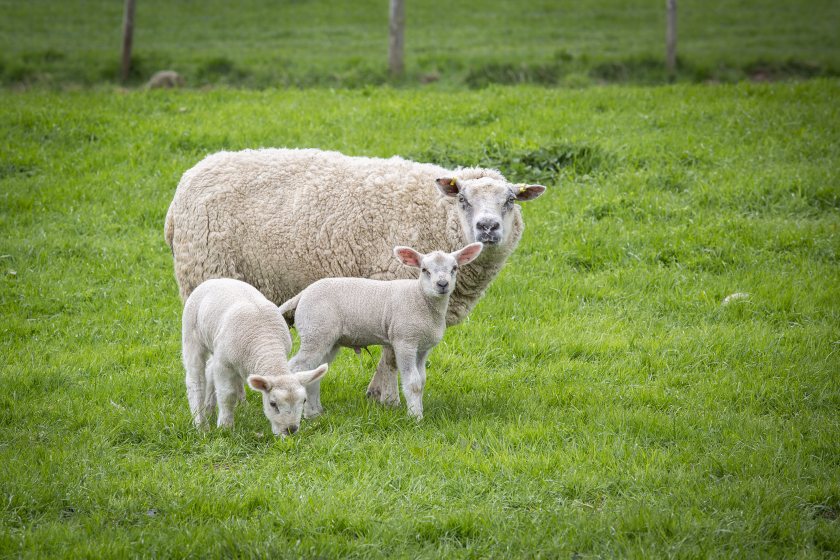
Farmers are being urged to vaccinate their ewes against enzootic abortion before tupping to help prevent unnecessary lamb losses, estimated to cost the UK sheep sector up to £20m annually.
The move follows a sheep abortion round table discussion hosted by UK-Vet Livestock, which reviewed enzootic abortion of ewes (EAE).
The panel of vets and commercial sheep farmers expressed concern about the low uptake of vaccination for both EAE and toxoplasma spp.
The Responsible Use of Medicines in Agriculture Alliance (RUMA) Targets Task Force report of 2017 supported vaccination by recommending that farmers increase the use of vaccines for EAE by 5% per year over five years, to ensure the responsible use of antibiotics.
However vaccination for EAE and Toxoplasma spp are low, peaking in 2020 at 50% and 31% respectively for ewes intended for first breeding.
Sheep veterinary consultants Fiona Lovatt and Kate Hovers were amongst the prestigious sheep experts on the panel.
They recommended that all flocks that bring in replacement ewes or have neighbours that lamb sheep should vaccinate to protect against EAE as "vaccination against EAE is like investing in insurance that means that an EAE abortion disaster will not happen".
The panel further advised that replacements should be sourced from EAE accredited flocks to reduce the risk of bringing in the disease and that ewes should be lambed separately from the home flock for their first year to contain issues.
Furthermore, the panel suggested that vaccination protocols for abortion should be incorporated into flock health plans.
Ms Lovatt, sheep veterinary consultant and director of Flock Health Ltd, said: “EAE is one disease that costs you a fortune if you just wait until it is in your flock before you take action.
"You have to consider what the risks are to your flock - and they are high if you ever buy in ewes or if you have close sheep flock neighbours."
She added: "You must vaccinate before you see any evidence of EAE, both to protect your own ewes and the ones you buy in.
"An outbreak of EAE is a failure of flock health planning as measures should have been put in place to prevent it happening.”
Katherine Timms, ruminant veterinary advisor at Ceva Animal Health, said low vaccination rates could potentially lead to financial and reproductive devastation.
She added: “It is therefore essential that vaccination protocols for abortion should be incorporated into flock health plans, especially if a flock has suffered abortion cases during the preceding lambing.”
